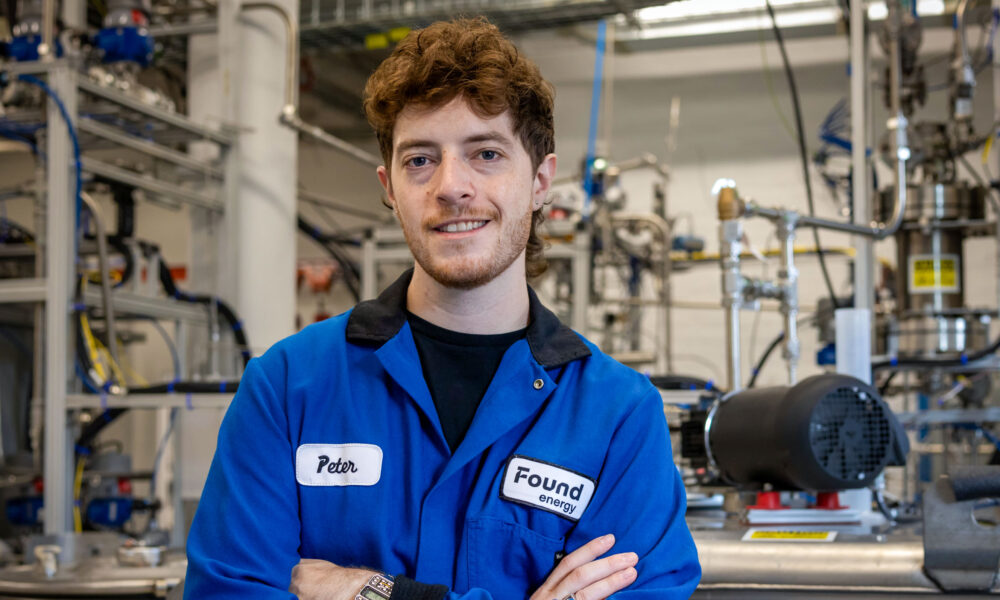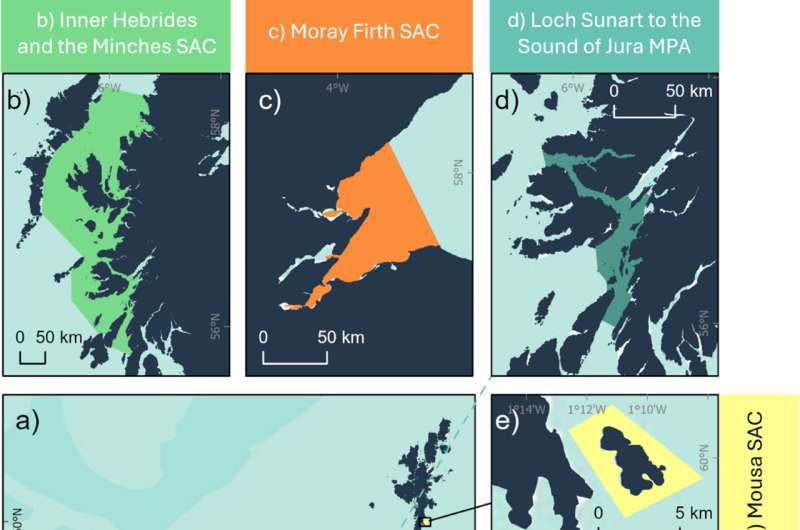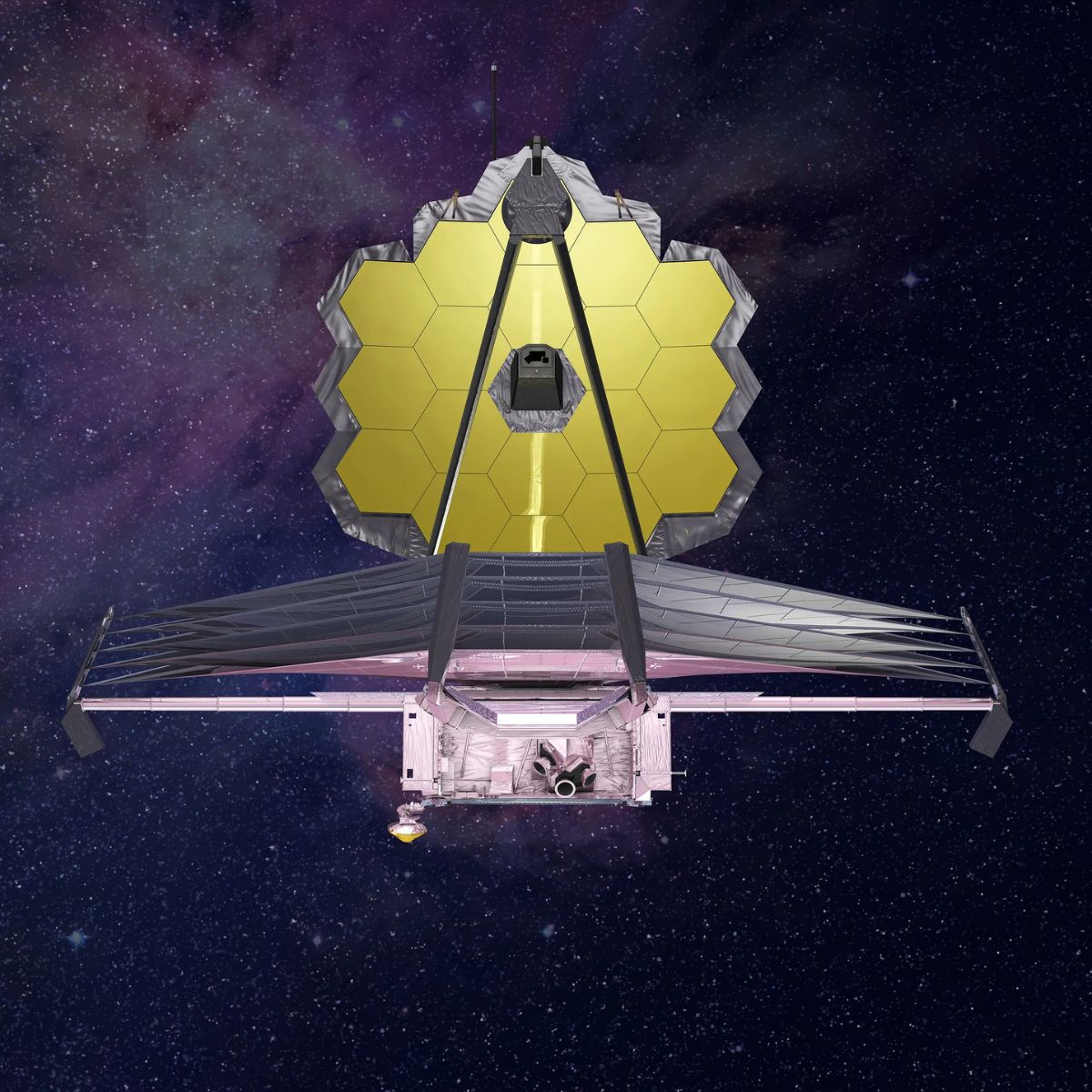A startup based in Boston, Found Energy, is set to conduct a significant real-world test that could revolutionize the use of aluminum as a zero-carbon fuel. This ambitious project, spearheaded by founder and CEO Peter Godart, aims to harness energy from aluminum metal scraps to power industrial processes without relying on fossil fuels.
Since its inception in 2022, Found Energy has been developing methods to efficiently release energy from aluminum on a smaller scale. The company has recently activated a larger version of its aluminum-powered engine, which Godart claims is the largest aluminum-water reactor ever constructed. This system is scheduled to be installed early next year to provide heat and hydrogen to a tool manufacturing facility in the southeastern United States, utilizing aluminum waste produced by the plant as its primary fuel source. The name of the manufacturer has not been disclosed pending a formal announcement.
Innovative Reaction Mechanism
If successful, this technology could convert a significant amount of aluminum scrap into a sustainable fuel source. The high temperatures generated by the engine could help reduce greenhouse gas emissions from industrial processes, such as cement production and metal refining, which are typically challenging to power with electricity alone. Godart noted, “We invented the fuel, which is a blessing and a curse. It’s a huge opportunity for us, but it also means we do have to develop all of the systems around us. We’re redefining what even is an engine.”
Aluminum has long been considered a potential fuel due to its high energy density. Once processed, aluminum contains more than double the energy of diesel fuel by volume and nearly eight times that of hydrogen gas. When aluminum reacts with oxygen in water or air, it produces aluminum oxides while releasing heat and hydrogen gas, making it a viable option for zero-carbon energy.
One of the primary challenges in using aluminum as a fuel is the formation of an oxidized layer on its surface when it begins to react. This layer inhibits further reactions, akin to a fire extinguishing itself with ash. Godart explained that many have attempted to utilize aluminum as a fuel source but ultimately abandoned the idea due to these limitations. Despite skepticism from some experts, including Geoff Scamans, a metallurgist at Brunel University of London, who characterized the aluminum-water reaction as inefficient, Godart remains optimistic about the potential of his company’s approach. “The real breakthrough was thinking about catalysis in a different way,” he said.
From Concept to Reality
The innovative process developed by Found Energy involves a proprietary liquid metal catalyst that permeates the microstructure of the aluminum. This catalyst allows the aluminum to froth and split open during its reaction with water, significantly increasing the amount of unreacted aluminum exposed to the water. Godart demonstrated the reaction in the Found Energy lab, showcasing how the aluminum treated with the catalyst rapidly produced steam and hydrogen gas.
Godart’s journey began during his time as a scientist at NASA, where he explored the idea of using aluminum robots as a fuel source for missions on Jupiter’s moon, Europa. Following budget cuts to the project, he pivoted to focus on climate change solutions on Earth, leading to the establishment of Found Energy in his home in Cambridge. The company has since secured $12 million in funding and expanded its facilities.
In July 2023, Found Energy began testing its larger engine, which can generate up to 100 kilowatts—equivalent to the output of a small pickup truck’s diesel engine. The company plans to install this system at the manufacturing facility in early 2026 as a proof of concept for future projects targeting a much larger 1-megawatt reactor.
Godart envisions a future where the engine could power various industrial processes, primarily targeting the aluminum refining and recycling sectors. “Aluminum recyclers are coming to us, asking us to take their aluminum waste that’s difficult to recycle and turn that into clean heat that they can use to re-melt other aluminum,” he stated. The International Aluminium Institute estimates that over 3 million metric tons of aluminum collected for recycling go unrecycled each year, with another 9 million metric tons not collected at all.
Despite the challenges ahead, including the need for substantial energy to “recharge” aluminum hydroxide back into aluminum metal, Godart is confident in the viability of his technology. If successful, this closed-loop system could potentially meet a significant portion of global industrial heat demand using approximately 300 million metric tons of aluminum, which represents about 4% of the Earth’s aluminum reserves.
As Found Energy continues to develop its technology, the implications for industrial decarbonization could be profound, offering a new avenue for reducing carbon emissions in sectors that have long relied on fossil fuels.







